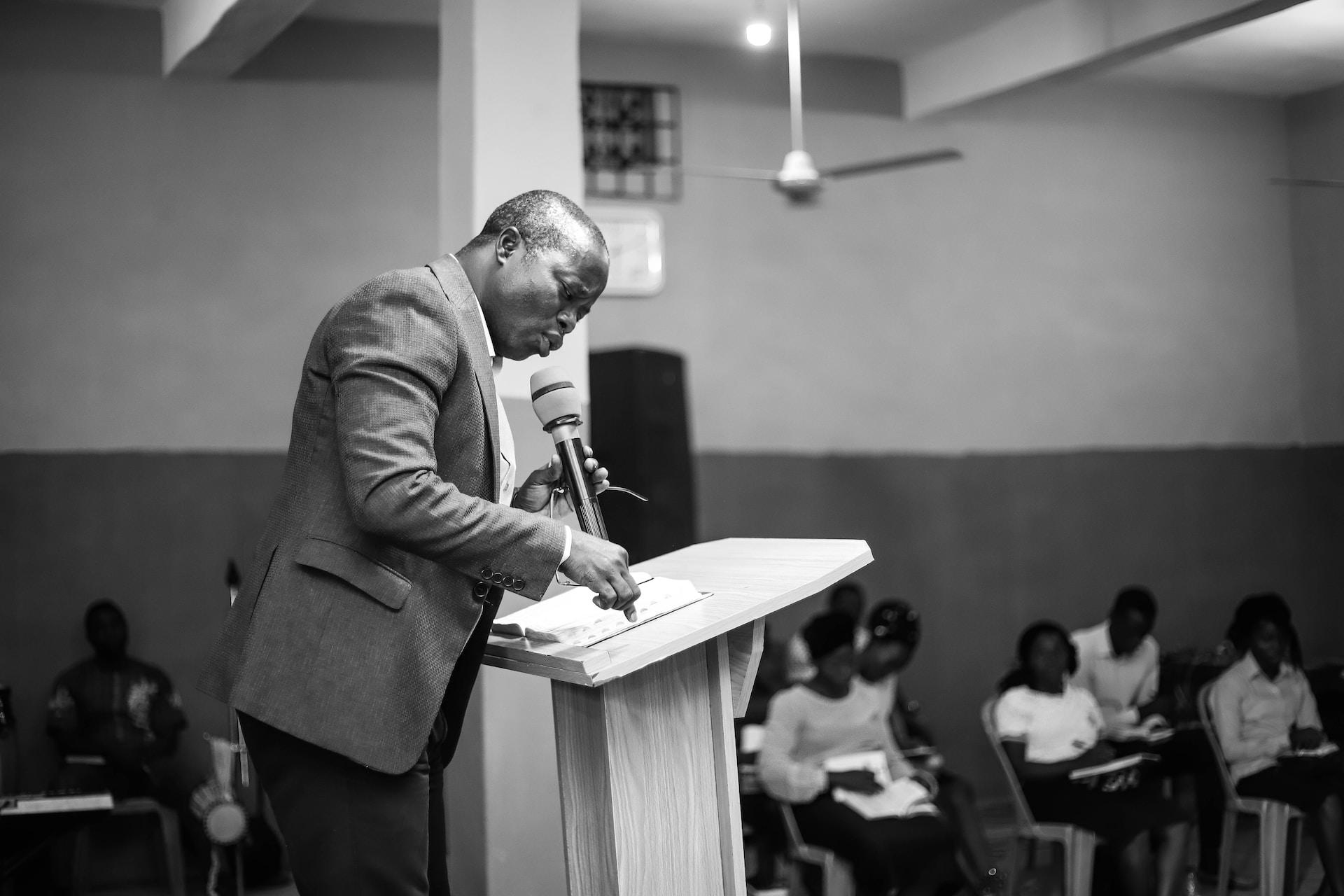African American Family Cultures and Traditions
We will be looking at the history of African Americans, their influences and the important factors that define African American culture today. This should help us more thoroughly understand African American family culture and traditions.
African American History
It is important to start this voyage into African American family culture and traditions by exploring their path through history and the experiences that would have molded who they are as a community.
The Impact of Slavery
The first Africans to arrive in North America and the Caribbean were not actively slaves but they were former Spanish slaves who were freed by Francis Drake. They arrived aboard the Golden Hind and New Albion ships in California in 1579. If only African migration had stayed in this format but sadly the European colonization of the Americas was quickly followed by the transatlantic slave trade during the 16th and 17th centuries.
It is estimated that roughly 10 – 12 million Africans were sold by the Barbary slave trade to either Europe or the Americas. Roughly 388,000 landed in North America and today millions of African Americans can claim lineage from these individuals.

Considered property by the people who purchased them, these slaves were treated poorly, forced to work and considered no more human than livestock. This was a cruel and frankly evil period of American history which robbed thousands of Africans of their freedom and their descendants of their rightful heritage.
American Civil War
Although the nation had come together to battle the British and gain its independence in the 1770s-1780s there was still a very divisive aspect of the country, slavery. One of the principal causes of the American Civil War is considered to be the enslavement of people of African descent.

When Abraham Lincoln was elected president in 1860 conventions in 11 southern slave owning states declared secession from the United States. This would lead to the most bloody conflict to take place on American soil.
This conflict would rage between April 12th 1861 – May 26th 1865 with the northern states being part of the Union and the southern states referring to themselves as confederates. Ultimately the Union would prevail and during the conflict Lincoln would make the Emancipation proclamation on Jan 1st 1863. This declaration stated that all slaves in the rebellious states should be free.
Even following the Civil War there has remained a certain level of tension between the north and south with regards racism.
The End of Slavery
Lincoln’s emancipation proclamation did not immediately end slavery in the South as the war was still raging. However as the Union army advanced they enforced the proclamation freeing slaves as they went. Texas was the last state to be emancipated in 1865.
Though freed, the former African slaves would still be in limbo because the 1790 Naturalization Act limited US citizenship to whites only. It would take the 14th amendment to the constitution in 1868 to finally give African Americans citizenship despite the fact that many of their ancestors had been born in America as had they.
Reconstruction and Jim Crow
This new found freedom allowed African Americans to set up their own congregations, schools and communities although many still worked on their former masters' plantations but now did so free and with pay.
This was initially an era of progress for African Americans but powers in the South were still unhappy with the change. By the late 1890s Jim Crow laws had come into place that enforced segregation between African Americans and whites.
Many of these Jim Crow laws were arbitrary but used as excuses to arrest, imprison and essentially force African Americans into free labor once again as punishment for such heinous crimes as walking, talking, eating, resting or drinking in the wrong part of town.
The south remained geared toward punishing African Americans for their freedom and treating them as second class citizens. Initially African Americans tried to go along to get along but things just became worse.
Civil Rights Movement and Mass Migration
The South was not hospitable to African Americans and during the first half of the 20th century mass migrations into the northern states was common. They may have initially received a warmer welcome however the shift in racial balance also led to race riots in some of the northern and western states that they migrated to.

Civil rights were becoming a hot button topic and during the 1950s this really started to ignite. Years of segregation and brutal treatment was coming to a head. In 1955 a young African American boy from Chicago was visiting family in Mississippi. A local white woman accused this 14 year old boy Emmet Till of wolf whistling at her. A group of white men lynched Till beating him brutally and shooting him in the head. This would prove a spark to ignite the Civil Rights movement in earnest.
Marches and protests carried on through the 1950s, '60, and '70s with major civil rights leaders such as Martin Luther King Jr. becoming pivotal figures in the fight for racial equality. It was and still is a struggle that resonates in the United States today. Things have come a long way and on November 4th 2008 Senator Barack Obama became the first African American to be president of the United States. In 2020 Kamala Harris became the first woman and the first African American to become Vice President of the United states.
Language
African Americans, whose ancestors were brought to the United States as part of the slave trade, predominantly speak English although cultural influences from that era do sometimes mean that there are some phonetic and grammatical variations in pronunciations of certain words.
There are some cultural tense usages which have been maintained throughout multiple generations that may have connections to the Niger-Congo family of languages. With large African American communities in certain areas this leads to specific slang terms and speech patterns that are uniquely African American. Non-African Americans who might mimic this pattern may be considered as appropriating their culture.
Religion
Faith is important in many African American households and mostly the religion will be some format of Christianity. The predominant faith is Black Protestantism followed by Evangelical Protestantism, mainline Protestant, Roman Catholic and Jehovah’s Witnesses.

Historically speaking 15 – 30% of the African slaves brought to America would have been Muslim in faith but through slavery would have been forced to convert to Christianity. It was during the 20th century that Black Nationalist groups started to embrace Islam and some of its tenets as a way to reclaim cultural connection to their ancestors.
This reconversion to Islam began to take off with the conversion of notable African American figures such as Malcolm X and Cassius Clay (Muhammad Ali). Today roughly 20% of America's Muslim population is African American.
Family Culture
During slavery the very nature of this practice often saw African American families torn apart as relatives were sold to neighbors or further afield never to be heard from again. This legacy of enforced separation likely plays into the modern African American family which through shared experiences and religion tend to be close knit. Connections with cousins and other extended families often lead to large family gatherings and events trips to other states to visit family.
The traditional family structure decades ago was patriarchal meaning the father was the head of the household and the breadwinner so to speak. Today as attitudes have changed throughout American society it may just as well be the mother who earns the most money or a shared responsibility for the family finances making a more cooperative household.
African American families can be as varied as any other American family. Societal norms on a national level shape the African American family as much as they might Italian-Americans Swedish-Americans or any other group.
Traditions
The traditions of an African American family will tend to vary based on their religious affiliation and personal beliefs. Common US holidays such as Thanksgiving may be celebrated although perhaps more for the family unity rather than a sense of positive connection to the Pilgrims.
A common celebration that has only recently become a federal holiday is Juneteenth. It celebrated the date June 19th 1865 the day the Union army emancipated the last of the slaves in Texas. It has been celebrated among Texan African Americans since 1866 when it was referred to as Jubilee Day.

On June 17th 2021 Vice President Kamala Harris was standing next to President Joe Biden as he signed the bill officially designating Juneteenth as a federal holiday.
Final Thoughts
The traditions of modern day African Americans' ancestors have been largely lost to them as have the names of said ancestors. African American culture today has been formed through slavery and racial inequality over hundreds of years of forced assimilation societally and religiously.
Modern day African American culture and family values are not vastly different from any other American family. They may favor family unity and cooperation more and practice their religion with more passion and flare but fundamentally the African American family unit is diverse as any other.
Link To or Reference This Page
We spent a lot of time downloading, cleaning, merging, and formatting the data that is shown on the site.
If you found the data or information on this page useful in your research, please use the tool below to properly cite or reference Name Census as the source. We appreciate your support!
-
<a href="https://namecensus.com/blog/african-american-family-cultures-and-traditions/">African American Family Cultures and Traditions</a>
-
"African American Family Cultures and Traditions". NameCensus.com. Accessed on May 8, 2024. https://namecensus.com/blog/african-american-family-cultures-and-traditions/.
-
"African American Family Cultures and Traditions". NameCensus.com, https://namecensus.com/blog/african-american-family-cultures-and-traditions/. Accessed 8 May, 2024
-
African American Family Cultures and Traditions. NameCensus.com. Retrieved from https://namecensus.com/blog/african-american-family-cultures-and-traditions/.
